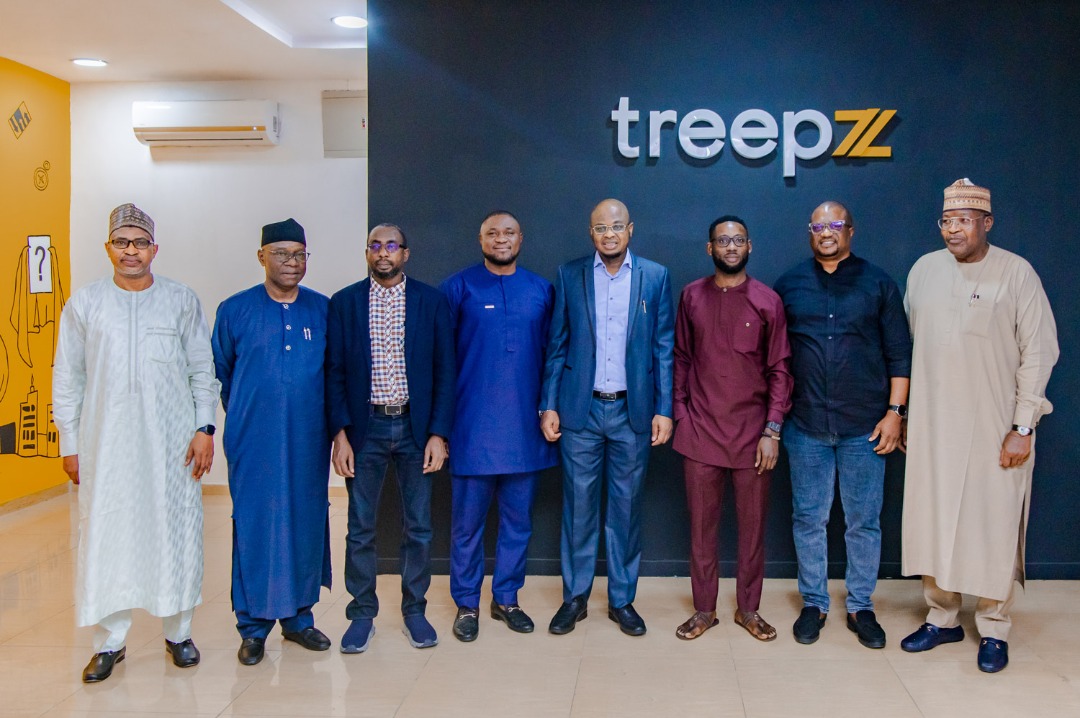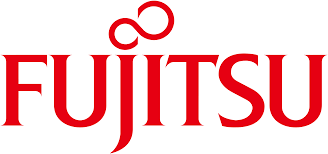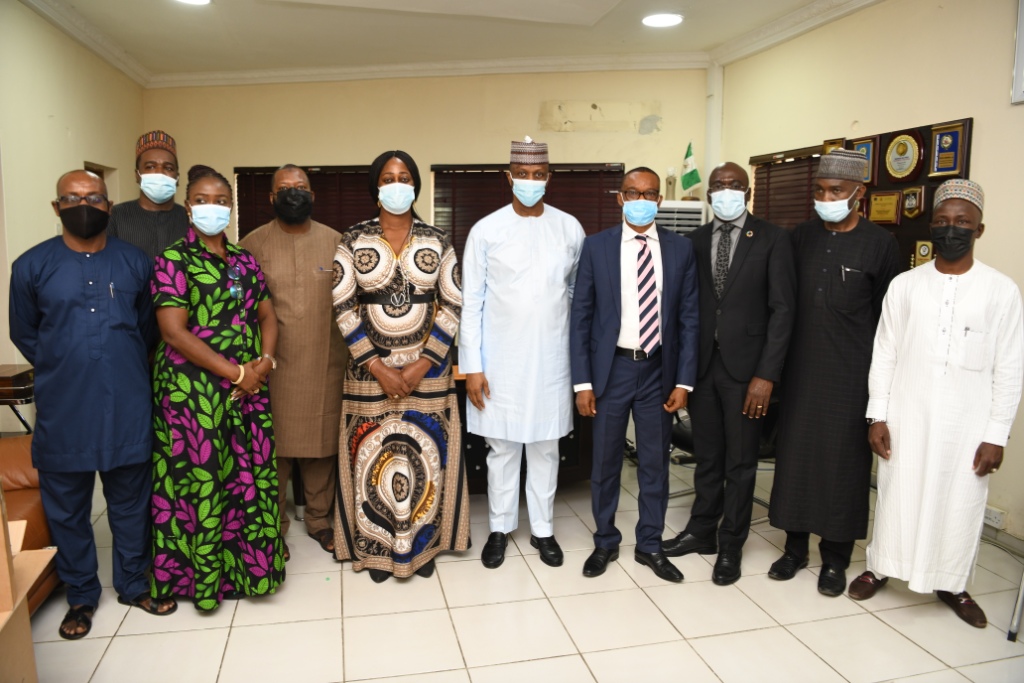Professor Isa Pantami, the Minister of Communications and Digital Economy, has challenged startups and innovators in the Nigeria ecosystem to take ownership of existing policies to further consolidate and enhance the success of the ecosystem.
Pantami gave the charge when he met with indigenous innovators in Lagos, to explore avenues of developing the Ecosystem to further drive the digital economy agenda.
At the interactive session organised by the National Information Technology Development Agency (NITDA) was themed; Fostering an Enabling Environment for Start-up Growth, the Minister disclosed that the objective of the session was to understand first hand, what the ecosystem requires from the government in order to thrive.
“The importance of a vibrant, functional innovation ecosystem cannot be underscored and that is why we have taken deliberate steps to organise this interactive session specifically, to address certain pertinent issues.
Firstly, how to consolidate our ecosystem, secondly to understand the market and its challenges thirdly, to map our market and set targets, to strengthen our networking strategies and more importantly, collaborating and partnering with government.
This is key to the success of our ecosystem because government has a major role to play in providing an enabling environment”.
The Minister emphasised that the Federal Government is open and willing to suggestions on what it can do to further ensure the success of the ecosystem.
He said, “If there are challenges in implementing any of the policies we have put in place for the sector to thrive, please let us know”.
He cited the National Startup Bill, the National Council for Digital Innovation and Entrepreneurship, the National Policy for the Development of Indigenous Content in the Telecommunications Sector among others, as examples of government’s commitment to enact and implement policies that enable the ecosystem.
Pantami disclosed that incentives like grants, tax and fiscal incentives, startup labelling, seed funding for startups, tax holidays have been provided for, in the plan to provide the necessary support by government.
He noted that Nigeria as the largest digital economy in Africa which is in the process of deploying fifth generation networks (5G), the immense human potential and the necessary collaborations and partnerships between government and the ecosystem, the country will in no time take its pride of place as the continent’s technology giant.
Pantami mentioned that the presidency is ready to make sure the bill meets excellent execution. He commended, “the work of the startup ecosystem for pushing Nigeria to become the largest digital economy in Africa and it’s time to work closely together to achieve greater hallmark.”
There were questions and suggestions about how the government can make data affordable for Nigerians and create a hub where people can go to build at a subsidized cost or for free. The attendees also suggested that for the bill to be a success the government must involve people who have first-hand experience about each sector.
For instance, how do you want to make a payment policy in Nigeria without involving Paystack and Flutterwave? How do you want to make policy in edutech without involving the ULessons and other players?
The government must start involving industry players in making policies that are likely going to affect the industry. The minister agreed to this.









